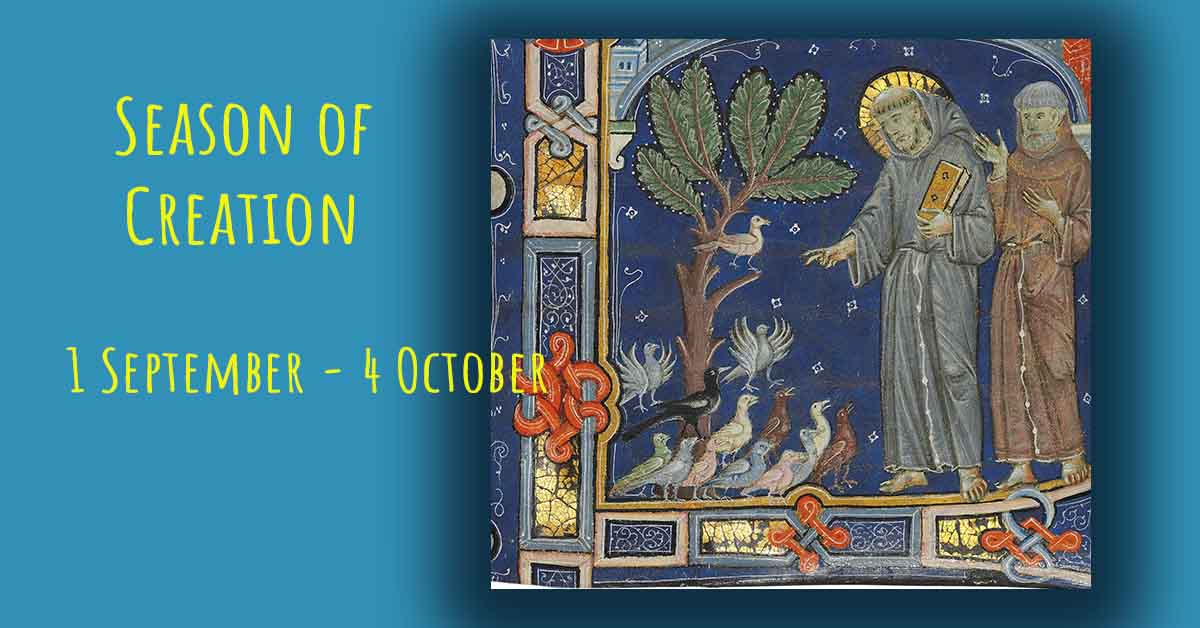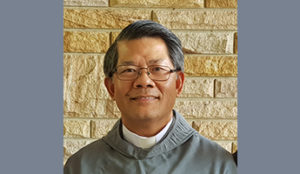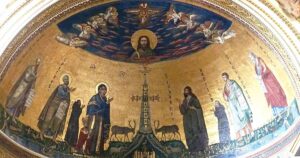In his thesis on ‘Franciscan Ecology,’ Friar Jonathon Gracia Zenteno presents ecological science as a relationship. In part one, we began to share an excerpt from his thesis and the definition of Panecology. (Click here to check out Part One.)
Here’s part two of the Etymological Definition of Panecology:
-Logos (from the Greek language λóγος) which many today, from science, limit to the following meanings: study, treatise, science.

Taking into account that this term has its origins in philosophy, I address myself to the root of the word. The same that is explained in a more complete way since the pre-Socratics. And specifically I refer to Heraclitus of Ephesus (535 B.C. – 484 B.C.). In the words of this philosopher “logos is the formula or ordering element of all things”[1]. In other words, logos equals order.
[1] Kirk, G.S., Los Filósofos Presocráticos, Editorial Gredos, España, 1983, p. 216.
This is only one of the different meanings of the term logos, since from the ancient philosophers (the pre-Socratics) it was also conceived as: “word, relation, discourse, fame, measure, harmony and proportion“[1]. All this variety of meanings in the logos leaves us a great richness and from there the opportunity to have a fairly wide field of application. In this way we are not limited to the superficial definitions (study, treatise or science) that some institutions proposed centuries later and that have been propagated only to cover certain purposes.
[1] Cfr. Mondolfo, Rodolfo, Heráclito, Textos y Problemas de su Interpretación, Siglo XXI editores S.A. de C. V., México, D.F. 2000, p. 158.
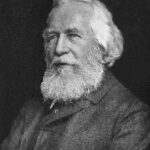
Now, of these meanings of logos that I have mentioned, the ones that are most useful to me for this work of Franciscan Ecology are relationship, harmony and order. The first two I have already been dealing with in the different sections of this work. First of all, referring the relationship to the first definitions proposed by Ernst Heackel and the other ecologists of the XIX and XX[1] centuries, and from there equating it to the concept of Ecology where the conjugation is made with the harmony presented by Franciscanism. For within the proposal of Franciscan Ecology, harmony in all the relationships presented to us in the legacy of Francis of Assisi is of utmost importance.
[1] Cfr. Nociones Generales de Ecología, Capítulo I, apartado 1.
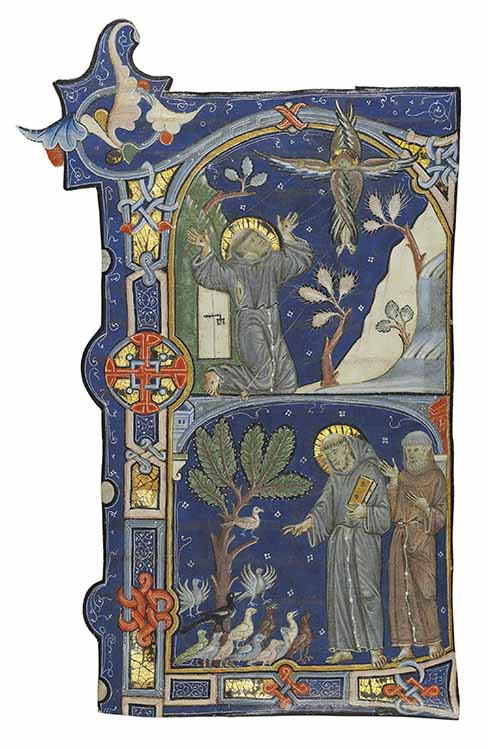
As for the third meaning of the ancients (order) it is applicable to the Franciscan Ecology Scheme because of one of the intentions of harmonious communion. That is to say, in the sphere of the between that takes place (I – you) the common good results in maintaining order within the relationships that the rational being has with others. This order is what gives balance and sustainability to nature. But it ceases to be such, if in going out to meet the other, a common good is not achieved. By not practicing love, by not carrying out an action of good with others, then the order is altered.
Therefore, Panecology, from its etymological definition, is understood as the whole order of the house. That is to say, if in our development in nature we do not perform actions of good (love), if we break the harmony in our relationships, there is no longer order within the oikos, thus passing from the cosmos to chaos.

